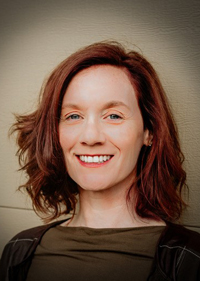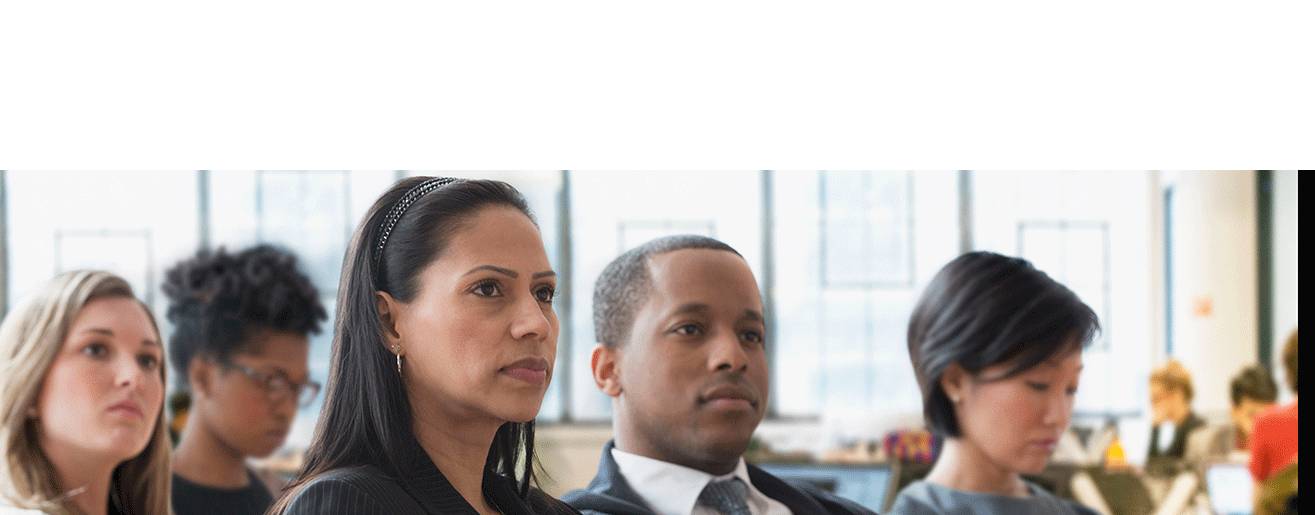 What was your professional background prior to entering America University's MS in Nutrition Education?
What was your professional background prior to entering America University's MS in Nutrition Education?
I've spent 20 years in the biotechnology field with leadership roles in technical service/support, operations, and quality. I also have prior work experience in healthcare as a nursing assistant.
I continue to consult in biotechnology and currently support women with 1:1 coaching and education.
What motivated you to advance your education in the field of nutrition education?
I grew up with parents who have great respect for healthcare, one of whom worked in a hospital for many years. Despite taking a 20-year detour in biotech, I've always known that I wanted to get back to a career that has more of a direct impact on people's lives.
My mother was a nurse in many different disciplines but, toward the end of her career, was a professor of senior nursing students. My father returned to school later in life, moving on to enter a Ph.D. program in education. The priority and respect with which education is viewed in my world are unparalleled. Knowing the power that each individual can have in personal healthcare through nutrition made this program an easy choice to target.
Why did you choose American's MSNE program over other graduate programs?
The education component. Nutrition is one of my favorite subjects and areas of study, and there are MANY good nutrition programs out there. However, without the skills to educate, I would be incredibly limited in the impact that I can make.
What are your current career goals and areas of interest?
I love school, and learning will always be part of my journey, so I would love for the next step in my education to be a Ph.D. Ultimately, I want to teach at the college level.
From my time as a nursing assistant, I've maintained an interest in geriatric care, and the MSNE program really opened my eyes to the different areas of nutrition that I could explore. Since completing the program, I feel prepared to teach in a coaching setting or in a formal classroom.
I would also really like to continue creating content for programs that support women.
What was the most valuable aspect of this program for you?
The broad range of topics -- I didn't feel that we missed anything. I also have discovered areas that I would like to dive deeper into with my future studies, like geriatric support, health coaching, and teaching in higher education.
I've also enjoyed my time as a TA with the AU MS in Nutrition Education, and I'm looking forward to moving into the role of an adjunct professor this summer.
How have your instructors added value to the courses you have taken?
I have been fortunate to have some amazing professors. Beyond the guidance through coursework, some of these professors have been kind enough to tell me about their backgrounds, the paths they took to their current roles, and their future plans. It's helped me better understand the many ways we can achieve goals. Further, I've learned ways to be a supportive educator and many skills that I hope to use in supporting my own classes in the future.
Describe how a specific assignment, course, or instructor has helped you prepare for your desired career.
I remember taking the second course – Vitamins and Minerals – and thinking that I would study this for four years and still be learning and enjoying it. So, the course made an impact on me just in terms of being able to see the vast nature of the topic. My first few professors were also incredibly influential in helping me identify areas of each class that were personally interesting and how that could be applied to real-world situations.
I also really appreciated the variety of assignments. As someone with a research background in biotech, I was very comfortable with writing academic papers, but I realize that not all students have that comfort level. Building case studies was more nerve-wracking for me but also very exciting because you can see how an assignment like that can be tailored to students from all different backgrounds. For me, I could approach it from an academic or research perspective, but students who were coming from a more creative background could approach it like a character development or narrative exercise.
The Health Communications course also included a large variety of assignments to help students learn how to communicate with different audiences, assignments like infographics and a legislative leave-behind.
If an individual is considering entering American’s MSNE program and asked your opinion, what would you tell them?
I would advise the individual that nutrition is a wider field than most people realize. There really is something for everyone. This program provides the opportunity to step outside the assumed understanding of nutrition, learn about a wide variety of career paths and areas of future impact, and learn how to fix some serious challenges facing both US and global communities.
There is not one person from my cohort that completed this program with regrets – every person learned more than anticipated and has become not only more knowledgeable in the areas of nutrition and education, but they have become better people just by interacting with the students and faculty.
To learn more about American University’s online Master of Science in Nutrition Education, request more information or call us toll free at 855-725-7614.



